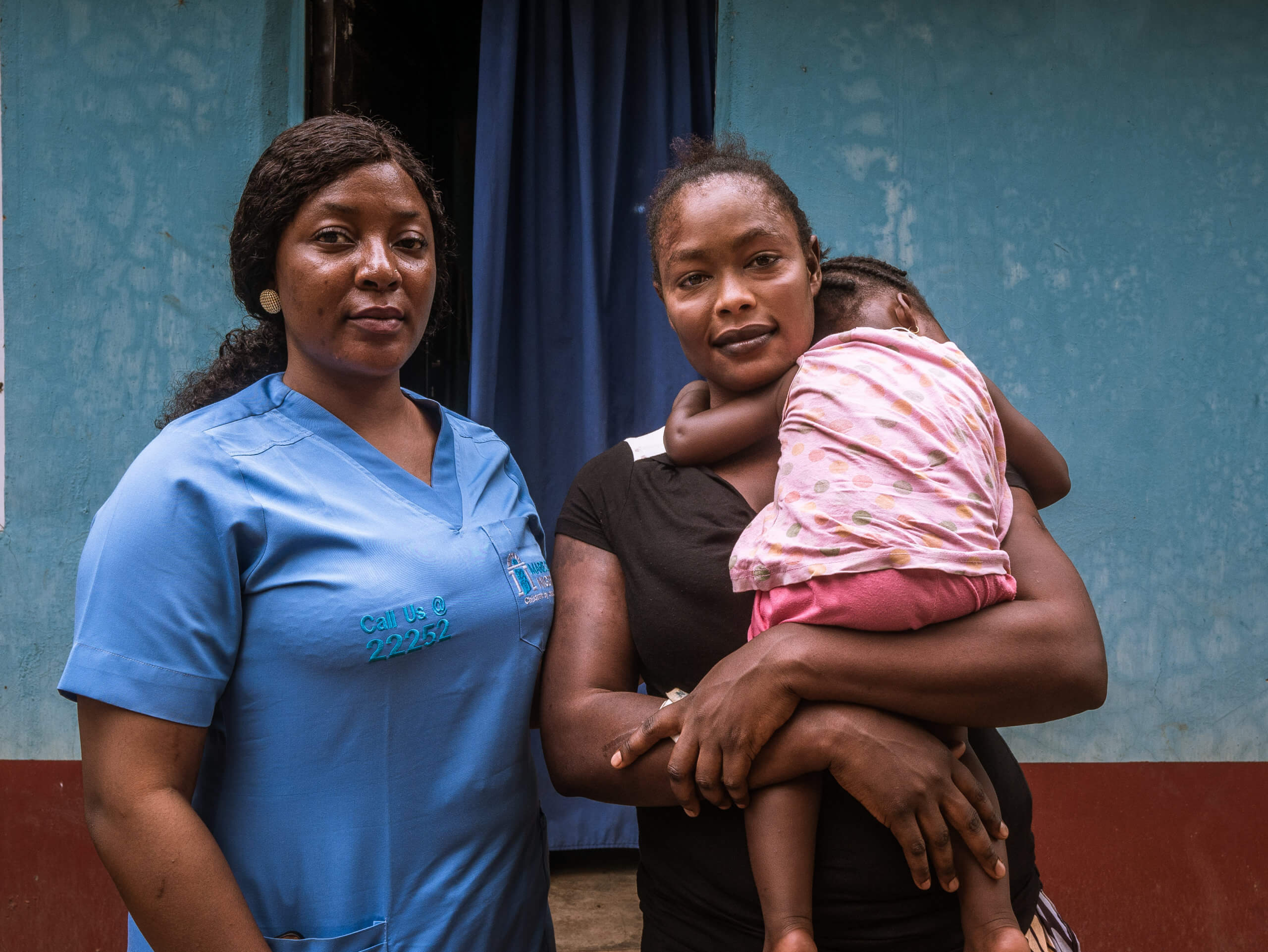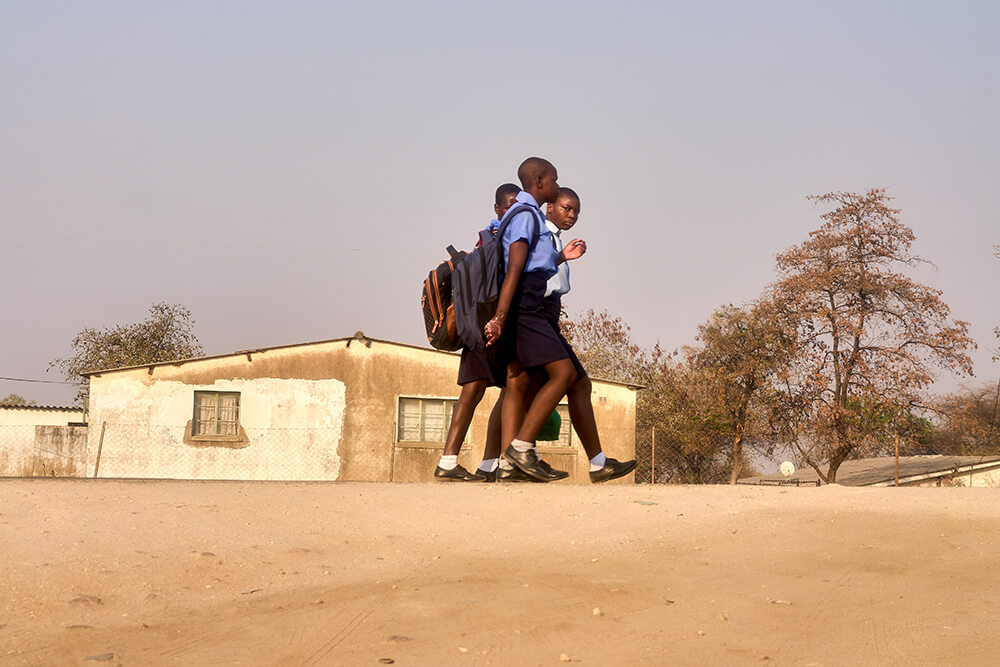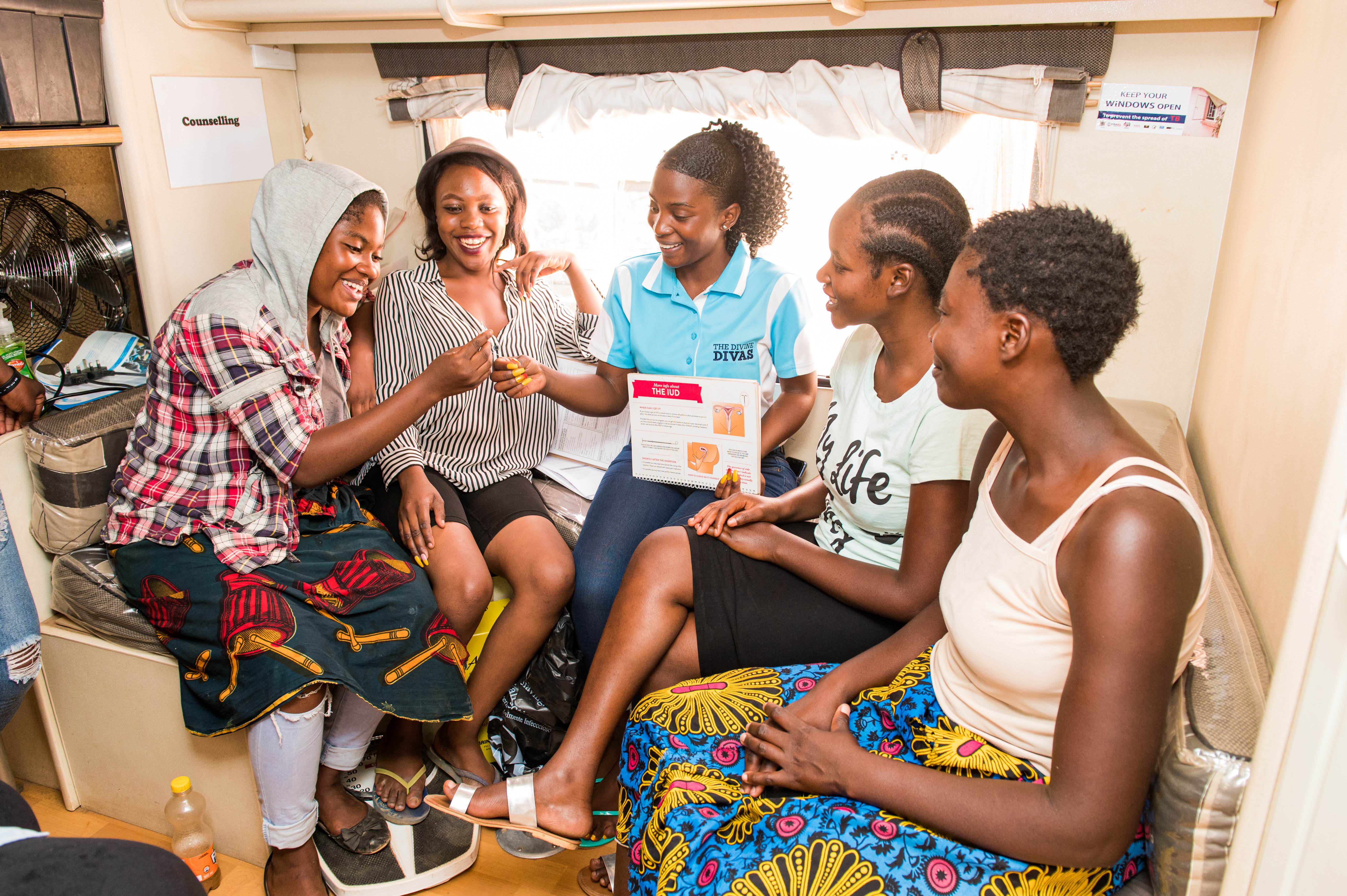Defending choice in Nigeria
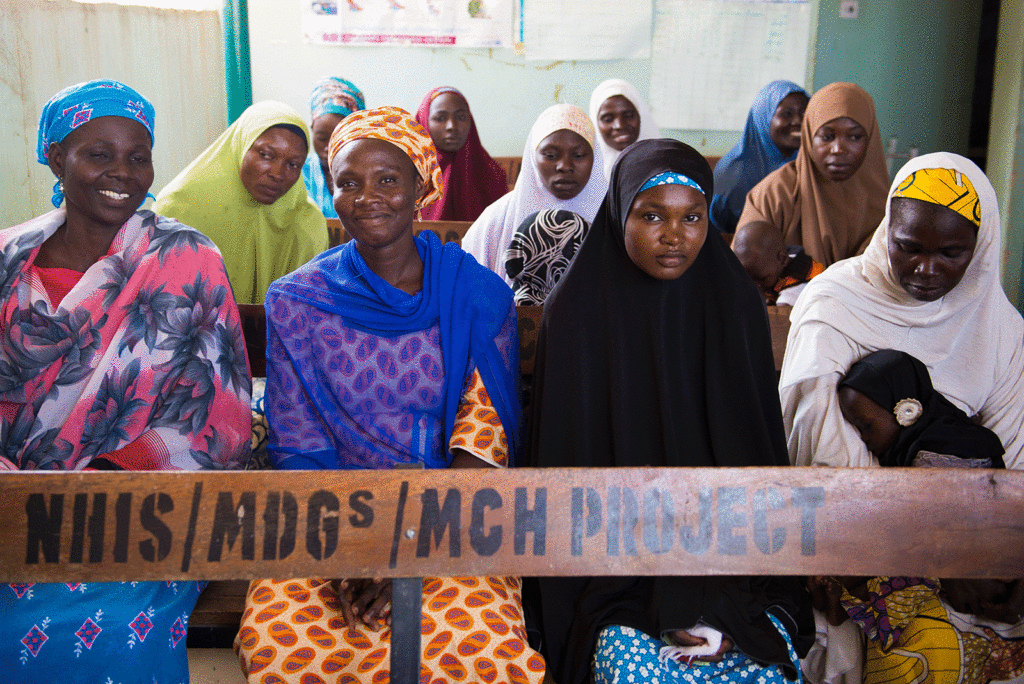
In this article:
- Attacks on Roe v. Wade embolden the anti-choice movement in Nigeria.
- Nigeria’s anti-choice movement uses underhanded tactics to keep women from accessing healthcare.
- To combat opposition, MSI Nigeria holds workshops with community leaders about the benefits of choice.
When Ogechi Onuoha started working for MSI, her family voiced their concerns – loudly. “They thought I was going against what is culturally and religiously acceptable. They thought my actions would bring shame to the family.”
Anti-abortion attitudes are unfortunately widespread in Nigeria. Restrictive laws prohibit abortion in most cases. Vocal anti-choice groups campaign against reproductive rights, including access to contraception. But dedicated advocates like Ogechi are changing minds, one conversation at a time. “Today I’m happy to say that family members invite me to talk about reproductive rights!”
Anti-choice opposition puts access to healthcare at risk
Nigeria’s strong anti-choice movement goes to dramatic lengths to prevent women from accessing reproductive healthcare. In 2019, the international anti-choice group CitizenGo targeted an MSI center in Lagos. They caused a police raid that harassed clients and providers alike. Other times, anti-choice advocates, including religious leaders, will use the media to rally the public against reproductive rights.
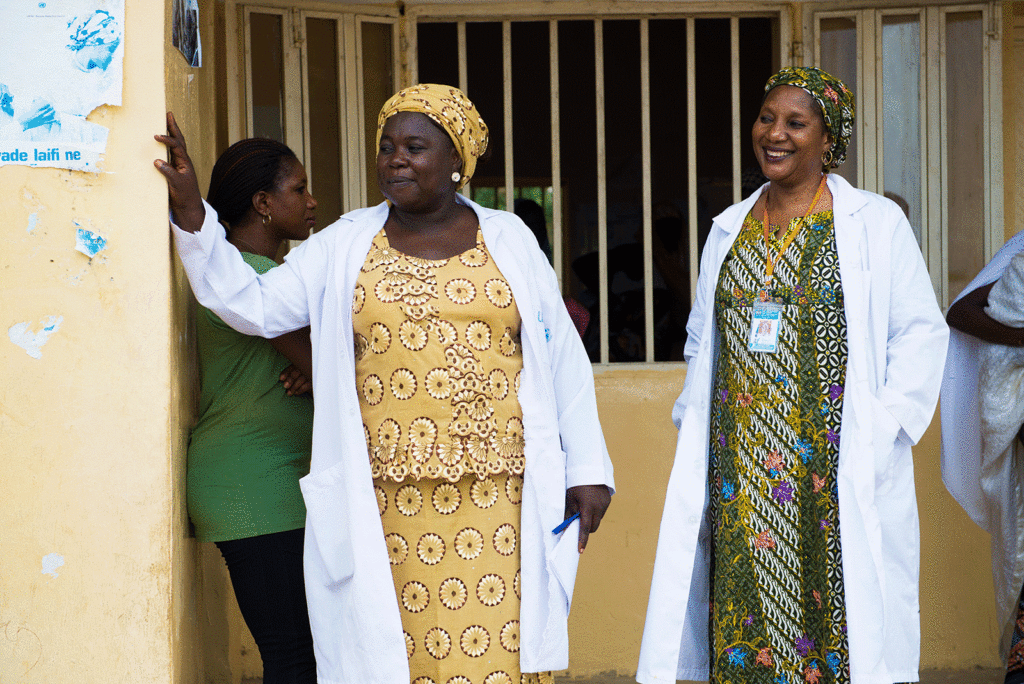
To combat the drumbeat of opposition, MSI builds bridges with community leaders. They offer workshops explaining the benefits of reproductive healthcare. Earlier this year, MSI Nigeria held workshops with police officers from eleven states. These values clarification workshops help participants set aside misconceptions and take a new perspective on reproductive health. In working with police, MSI Nigeria team members emphasized the role police officers can play in protecting reproductive healthcare. “I call it a life-changing experience,” Ogechi explained.
A recent workshop showed the impact these conversations can have. MSI Nigeria invited a media editor who had published negative stories about their work to take part in a values clarification workshop. During the session, he saw the misconceptions that had influenced his views. He realized that by promoting an anti-choice perspective, he was harming women’s wellbeing and setting the country backwards. At the end of the workshop, the editor returned to his company and published a piece promoting MSI Nigeria’s work.
Attacks on choice in the US hurt women everywhere
New restrictions on abortion in the United States are fanning the flames of anti-abortion activism in Nigeria. “Here in Nigeria, the US is seen as a role model for freedom of choice,” Ogechi explains. “When this freedom of choice that we have all looked up to is under attack, it is going to embolden the anti-choice movement in Nigeria.”

Texas’s prohibition on abortions after six weeks, before many women even know they’re pregnant, is the latest and most dire threat to Roe v. Wade. If the Supreme Court allows this law to stand, conservative states across the country will pass similar laws. The effects will reverberate beyond the United States.
Alarmingly, there’s another threat to Roe v. Wade. In December, the Supreme Court will hear Dobbs v. Jackson Women’s Health. This case concerns a Mississippi law that bans almost all abortions after 15 weeks of pregnancy. Like Texas’s SB8, this law directly challenges Roe v. Wade. Many fear that a 6-3 conservative majority on the Court could open up a review of this crucial decision or even abolish the right to abortion in America.
Political wrangling in the United States has a tragic impact on women in developing countries. Limited access to contraception, pregnancy care and care after unsafe abortions make pregnancy-related causes the leading cause of death for women of child-bearing age. As Ogechi noted, the world is watching. What’s happening in the United States is emboldening opposition forces in Nigeria and elsewhere. It’s time to get the politics out of women’s healthcare, because while we debate, women are dying.



